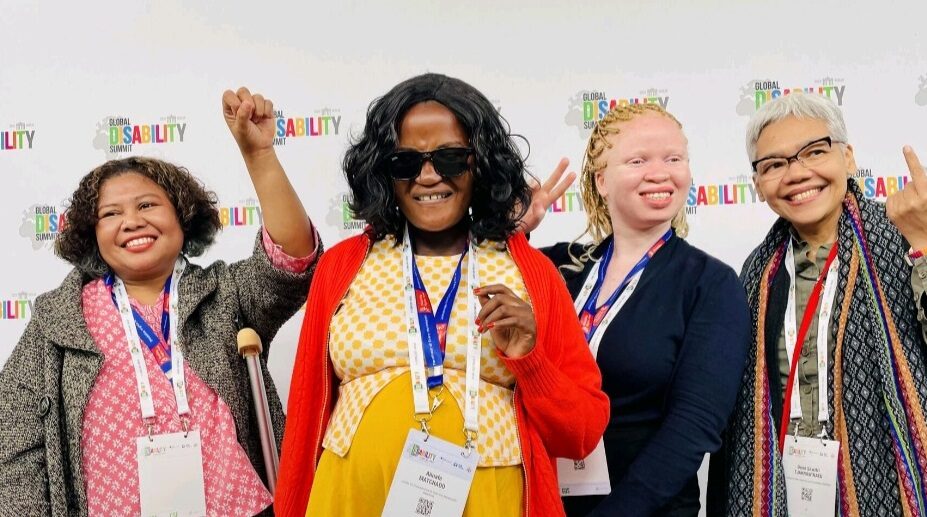Hilda Macheso works at the Association of Persons with Albinism in Malawi, an NGO that promotes the rights of persons with albinism in Malawi. She is also a member of the Malawi Youth Sounding Board, part of the European Union Delegation there.
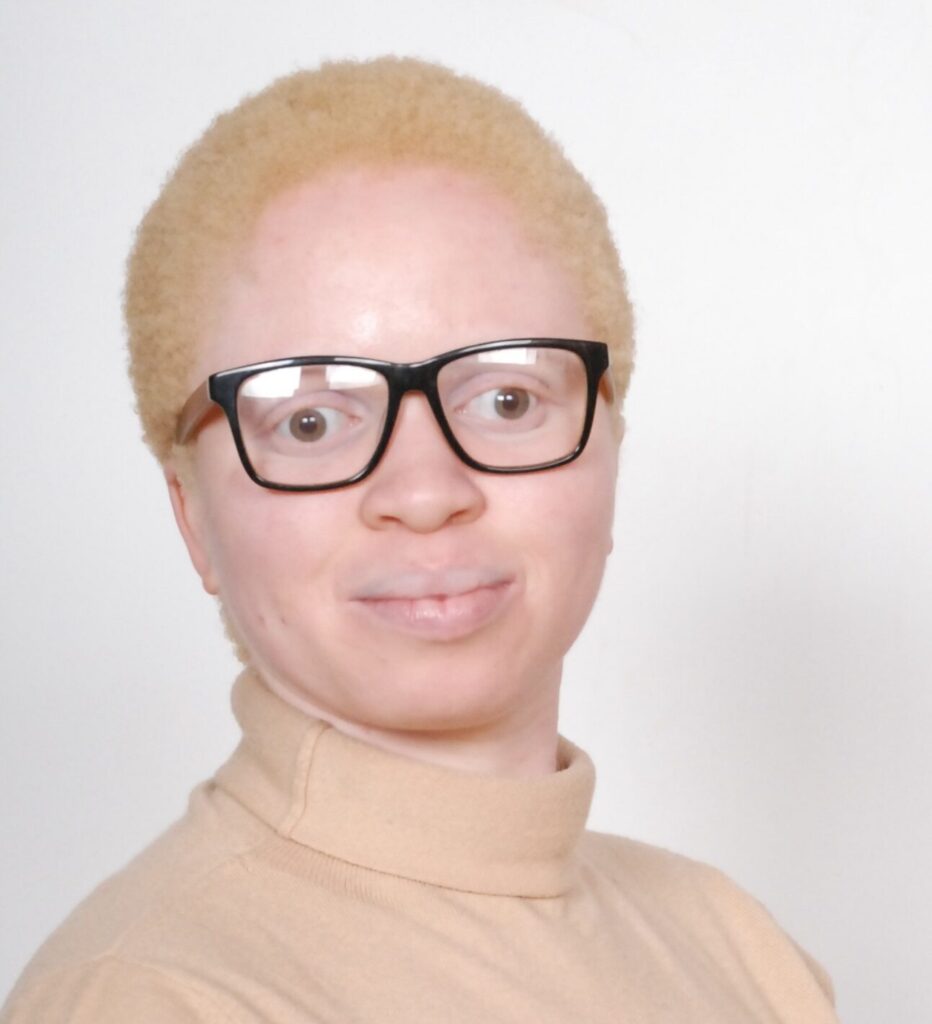
What is life for people with disabilities like in Malawi?
I would say it depends on where you are, because if you live in the urban part, people tend to be more aware of the issues and tend to handle those issues with grace. However, the majority of Malawi is rural and the information that we have access to here in the urban areas doesn’t really reach there. So, there are issues of stereotyping and rampant myths, depending on the kind of disabilities that people have. Efforts are being made to curb that, but you would still see a lot of those attitudes among illiterate people.
As you say, there’s a huge range of disabilities. What about for people with mobility issues, what kind of things are they affected by?
For people with mobility issues, it also depends on where you are because there are more accessible buildings in urban areas. Public buildings make the effort to be accessible but it’s different with a private building where the owners dictate what happens. There is a law in place about accessibility, but it is not really enforced outside the public sector.
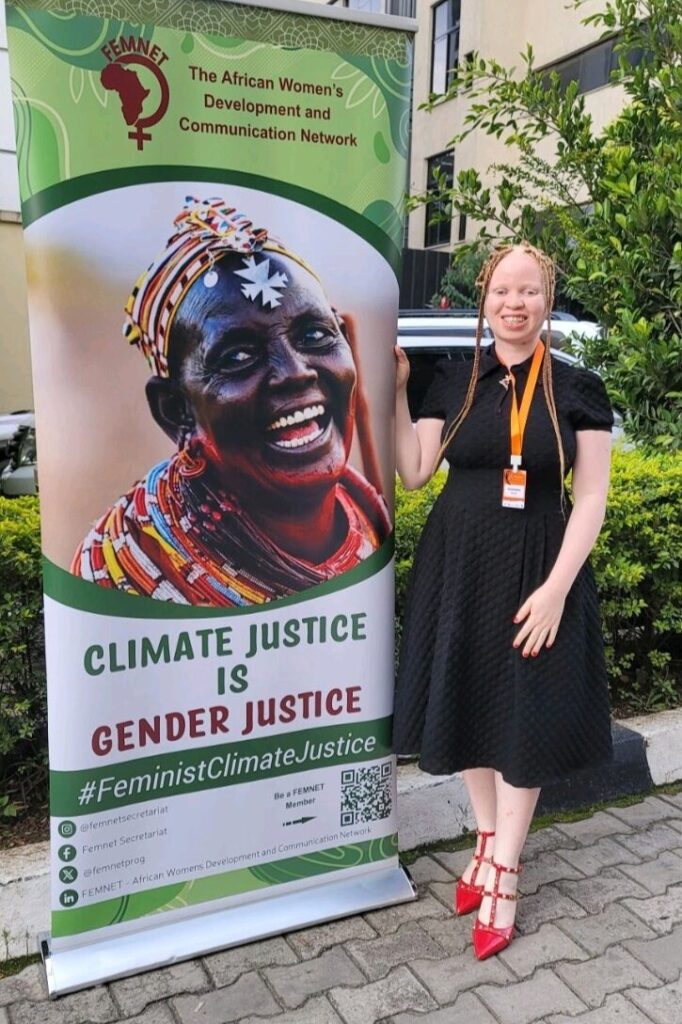
Tell me a little bit about your experience growing up. You strike me as a very passionate person and you’re obviously an activist. Where did your passion and activism come from?
I had supportive parents and to be honest, I never really thought of myself as having a disability. It’s only a disability if you cannot manage it on your own; until then, it’s basically a condition like, having a certain blood type or having to wear glasses. Those basic things are just diversities so, growing up, it never really struck me like that.
I am different in the sense that I am white, and my friends are predominantly black, so I stand out in that regard, but I don’t think I really had something that would set me aside when I was growing up. My family was definitely supportive and, like I said, where I grew up in the urban areas, I was able to do things just like everyone else.
Later I reached an age where I would interact with other people, and I came to understand how people with disabilities were being treated, not just with albinism. I thought “ok, this might be the status quo here, but I don’t want it to be like this, it should not be normalised, for me or the generations of persons with disabilities coming up. So that’s how I found myself becoming an advocate.. Luscombe’s presentation focused on the financial challenges of climate transitions in low- and middle-income countries. She introduced the MinFin tool, which projects financial requirements for net-zero transitions by integrating outputs from energy system models. Her presentation included a case study for Ghana, illustrating the financial feasibility of transitioning to a net-zero economy under current conditions.
Let me ask you about climate change; how is the climate crisis affecting people with disabilities in Malawi?
In Malawi, because we are considered a low and middle earning country, generally people do not have much money. With the policies that are being brought in for a just transition and emissions reduction, I feel like people with disabilities are more affected and in a negative way. Persons with disabilities are disproportionately poor compared to other groups. Obviously, they have to make ends meet and so they have to work with what they have, for example with cooking fuel. They will use wood to cook because electric appliances are not affordable for them and there is no electricity in the rural areas. Most of the things that these people use are being blacklisted, so yes, they’re being affected. “For persons with disabilities who don’t earn much, survival would exclude electricity”
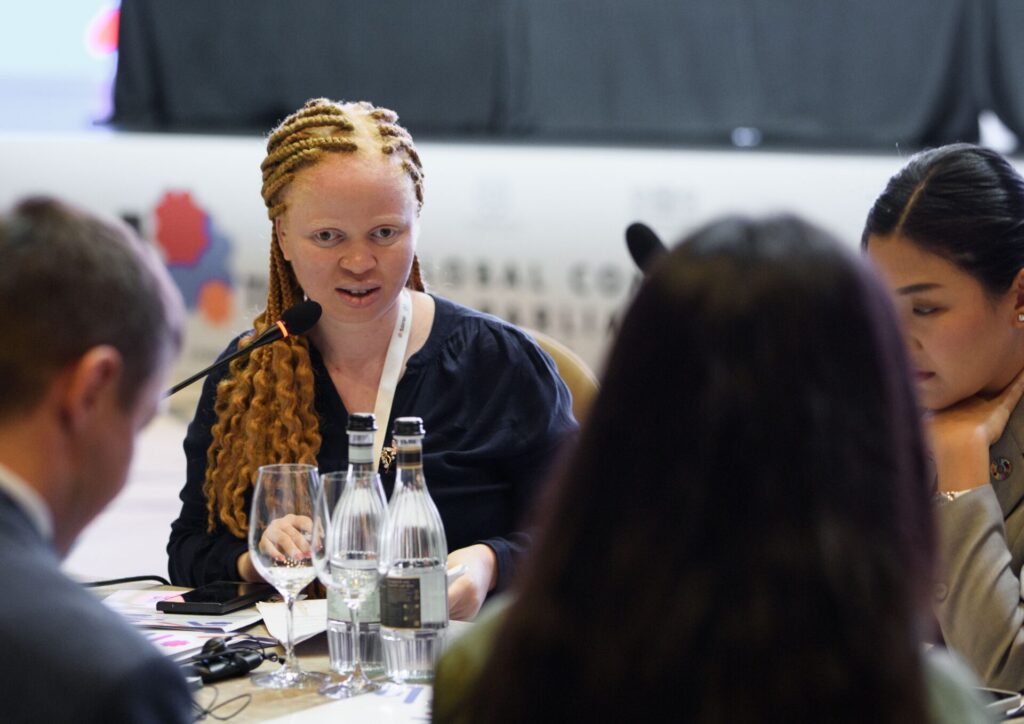
You recently attended the Africa climate Summit. What were the highlights for you and what do you hope to see coming out it?
We discussed how the just transition should also be more inclusive of women and incorporate the feminist transition. We realised that in the African context, women are more affected than men, and we said that the just transition should not leave behind people with disabilities. With climate change, governments are good at saying what they are going to do but implementation is a different matter, unfortunately.
Before you went to the ACS, you went to the Africa Feminist Just Transition Forum. Tell me more about that.
We were saying that the just transition will not be complete without the incorporation and, indeed, the prioritisation of women’s voices. Women can no longer be seen just as someone who manages the home and there was a consensus that their ideas should be incorporated more, as all these new processes and ideas are being discussed.
Something else that stood out was the fact that in Africa, (not just Malawi) we take access to energy as a privilege, but it is a right. And most of the people affected by this are women, cooking and collecting fuel for the home. So, their needs and views must be taken into consideration.
Rural areas need to have some sort of energy; we have to explore hydro, and other smart solutions so that we can move away from coal. In Ethiopia, for example, they have just opened a dam that’s capable of generating megawatts of electricity. Why can’t that be translated into all parts of Africa?
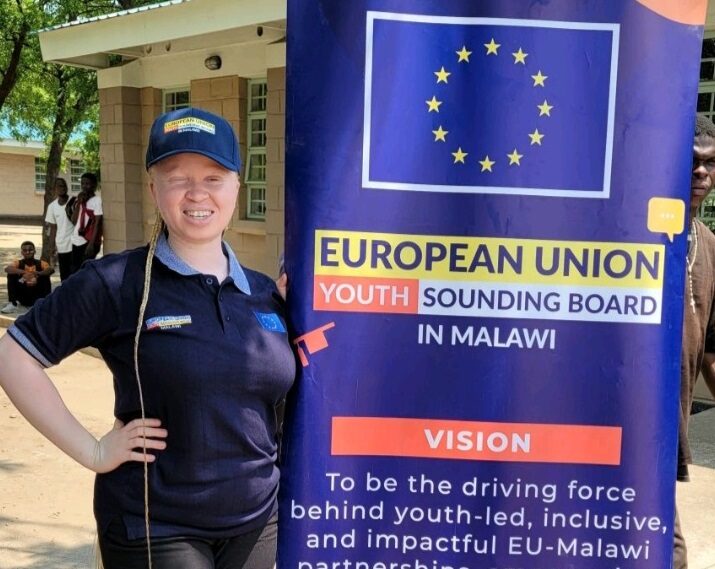
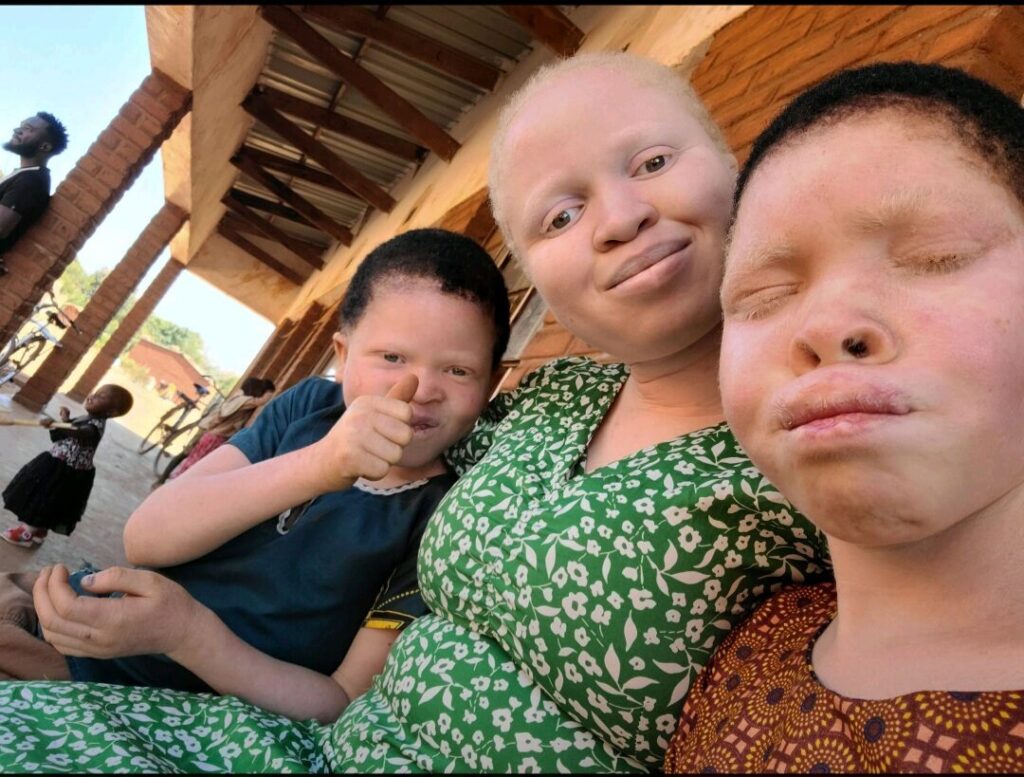
I’ve noticed a changing mood in Africa. Africa seems to be becoming more assertive and, for example with critical minerals, saying “we don’t want to see somebody come in and take all our critical minerals out of the country and leave us with nothing.” Have you got any comment on that?
Yes, I’ve noticed that, and it was one of the core discussions of our meetings at the ACS. I think it is true. We have for such a long time now been battling giant corporations who extract resources from Africa and don’t create any value for us. This theme was a timely discussion because we felt that, at this point, Africa is just bleeding. Of course, we don’t want to increase our emissions through increasing industry but when it comes to critical minerals and everything we do contribute, we don’t benefit as much as we should.
I think a lot of people are looking at trying to establish, added value processing industries, for critical minerals. Malawi’s economy seems to focus on tobacco and maize. Does it have critical minerals too?
Yes, we have a lot of critical minerals. However, we don’t have proper structures to control the buying and selling, or even the extraction of them. The main buyer is the Reserve Bank, which doesn’t always offer good rates and sometimes stops buying completely. We have had discoveries of gold in Kasungu and people go there to do artisanal mining but there are safety issues with that. Titanium has also been found here. Australian companies have been very active in mining here for years.
If women were more involved in deciding how to tackle the climate crisis what benefits would they bring?
If women were at the table, I believe that all our systems would be strengthened. Being homemakers, women know first-hand what needs to be changed and they could communicate that very powerfully. I feel on the feminist side, their inclusion would also mean that we are not having everything said on our behalf (by men) but that we’d be involved in those decision-making meetings. That would be a win, to have more of our voices reflected in the decisions that are made.
What else concerns you about how people with disabilities are treated when discussing climate change?
In the context of Malawi and indeed some parts of southern Africa, I have realised that the biggest problem when it comes to including persons with disabilities in discussion about energy is the lack of data. I believe thatdoing research on the same would be very helpful because we know that persons with disabilities are more affected than the mainstream groups, but we don’t know to what extent. And it would also centre their voices,
Thank you so much for talking to me. You’re a great speaker, as I thought you would be, and a very interesting person to meet.
